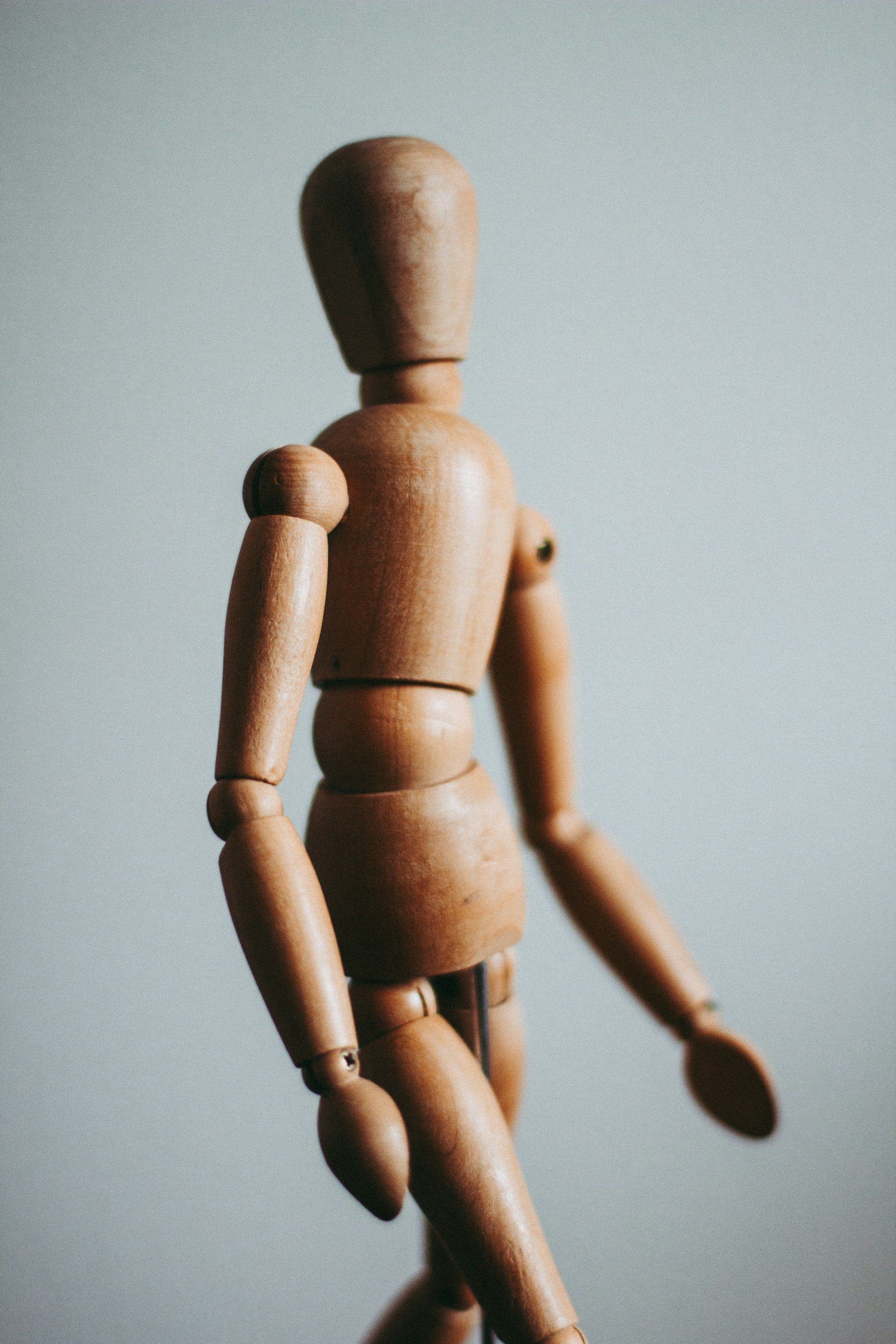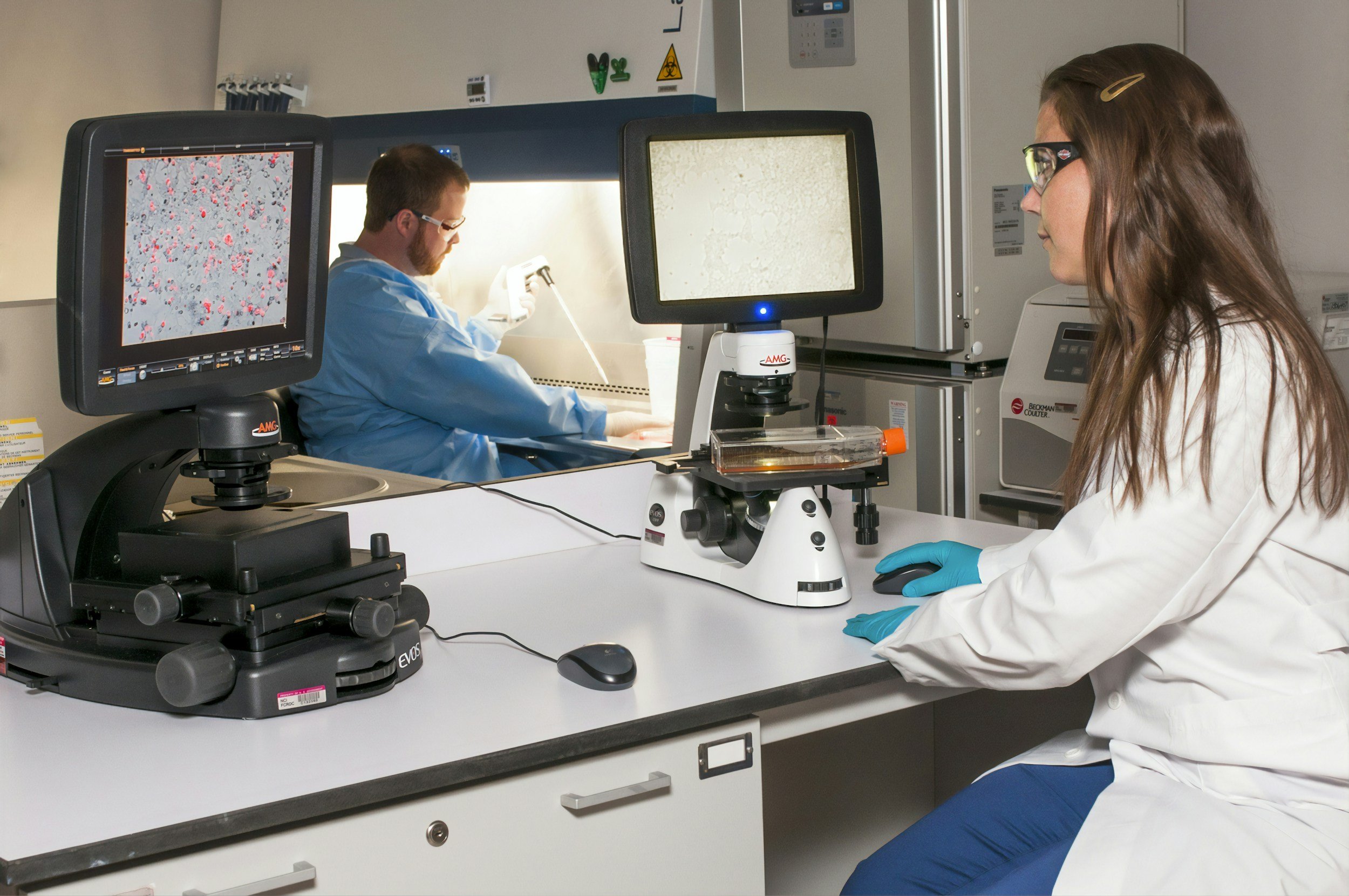Psych 101 offers engaging articles that explore the concepts, theories and practices of classic and contemporary psychology. Whether you are a student, a teacher or just curious, we hope you will enjoy reading our works.

Basics of Behaviourism
Explore the foundational principles of behaviourism in psychology, from classical and operant conditioning to its applications in therapy, education, and more. Learn about key figures like Pavlov, Watson, and Skinner, and discover how behaviourism shapes modern psychology.

Understanding the Differences Between Criminal Psychology and Criminology
Discover the key differences between criminal psychology and criminology in this comprehensive guide. Learn how each field approaches the study of crime, their focus areas, career paths, and how they work together to understand and prevent criminal behaviour.

Understanding the Body Schema and Its Relevance to Psychology
Discover the fascinating concept of body schema in psychology, exploring its role in motor control, spatial awareness, and self-perception. Learn how body schema impacts rehabilitation, identity, and disorders like phantom limb pain, eating disorders, and neglect syndrome. Dive into the research, experimental insights, and innovative therapies like mirror therapy and virtual reality, revealing how body schema bridges neuroscience and psychological health.

Criticism of Carl Rogers' Core Conditions
Explore a comprehensive critique of Carl Rogers' core conditions—empathy, congruence, and unconditional positive regard. Discover their strengths, limitations, cultural considerations, and integration with modern evidence-based practices in psychotherapy.

Criticism of the Stanford Prison Experiment
Explore the controversies surrounding the Stanford Prison Experiment, including its methodological flaws, ethical violations, and cultural impact. Discover how this infamous study shaped psychology, sparked debate, and redefined research ethics.

Who was Wilhelm Wundt: History, Impact, and Legacy
Explore the life, achievements, and enduring legacy of Wilhelm Wundt, the father of experimental psychology, in our comprehensive guide.

Highlights from Recent Psychological Research 2024 Edition
Discover the latest breakthroughs in psychological research, from personalized brain stimulation for depression to the mental health benefits of psilocybin and innovative online therapies. Explore how these studies are shaping the future of mental health care and psychological science.

Objective vs. Subjective Perspectives: Understanding the Difference and Why It Matters
Discover the difference between objective vs. subjective perspectives in psychology. Explore major studies, cultural influences, and real-world applications.

Beyond Significance: A Guide to Type I and Type II Errors
Learn what Type I and Type II errors are in psychology research, how they impact study outcomes, and practical tips to minimize them in this in-depth guide.

Navigating Psychology Research Papers: A Student’s Guide
Learn how to confidently read and understand research papers in psychology with our guide. Perfect for first-year students, this guide simplifies the process and helps build essential academic skills.

Understanding the Fundamental Attribution Error: Why We Misjudge Others
Discover the fundamental attribution error, a common cognitive bias that leads us to misjudge others by overestimating personality traits and underestimating situational factors. Learn how this bias shapes relationships, workplace dynamics, and cultural perceptions, and explore strategies to build empathy and make fairer judgments.

How Psychology Became a Science
Discover the fascinating evolution of psychology, from its philosophical roots to its establishment as a scientific discipline. Explore key figures like Wundt, Freud, and Skinner, and learn about the major psychological schools that shaped modern psychology.

What Are Cognitive Reflection Test (CRT) Questions?
Discover the Cognitive Reflection Test (CRT), its origins, and its role in exploring intuition and reflective thinking. Learn how CRT questions reveal cognitive biases, practical applications, and recent developments in psychology and decision-making.

SPSS vs. JASP: A Guide for Psychology Students
Explore the differences between SPSS and JASP in this detailed guide for psychology students. Learn about their features, usability, cost, and which software is best suited for your research needs.

Bayesian Statistics: A Comprehensive Guide for Psychology Students
Explore Bayesian statistics and its applications in psychology. Learn how Bayesian methods update beliefs, model human behaviour, and enhance decision-making, with practical examples and insights tailored for psychology students.

Sigmund Freud's Psychoanalytic Theory: A Comprehensive Overview
Explore Sigmund Freud's ground-breaking psychoanalytic theory, including the id, ego, superego, unconscious mind, and psychosexual stages. Understand its historical impact, modern relevance, and critiques in this comprehensive guide for psychology enthusiasts and students.

Defining Confirmation Bias: Understanding Its Roots and Impact
Discover what confirmation bias is, its psychological roots, real-world examples, and ways to overcome it. Explore research-backed insights into this common cognitive bias and its impact on decision-making, relationships, and society. Perfect for psychology students and enthusiasts!

What Are Mirror Neurons?
Discover the science of mirror neurons, their discovery, and their impact on empathy, learning, imitation, and social behaviour. Learn how mirror neurons shape human connection and cognition.

Defining Neuroplasticity in Psychology: The Brain’s Remarkable Ability to Adapt
Discover the science of neuroplasticity in psychology—how brain plasticity enables learning, memory, and recovery. Explore key studies, applications, and insights into the brain's remarkable ability to adapt.

Criticism of the Rorschach Test: Validity, Reliability, and Ethical Concerns
Explore the criticisms of the Rorschach Inkblot Test, including its scientific validity, reliability issues, cultural biases, and ethical challenges. Learn about its history, limitations, and ongoing debate in psychological assessment.
